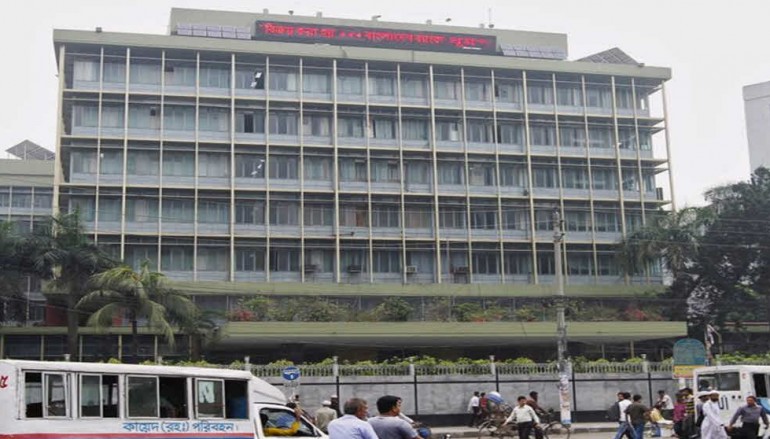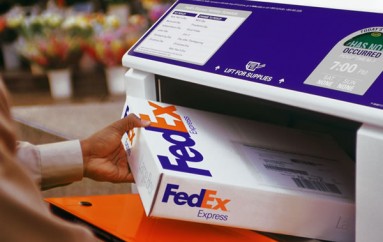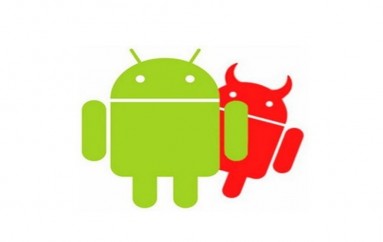
Philippines Prepares Charges in Alleged Hacking of Bangladesh Bank Account
MANILA—The Philippines’ Anti-Money Laundering Council is preparing charges against a number of people allegedly involved in the illegal transfer of more than $80 million from a Bangladesh Bank account at the Federal Reserve Bank of New York to a number of Philippine accounts.
“There is a clear violation of our anti-money-laundering law,” council chairman Amando Tetangco, who is also the governor of the Philippines’ central bank, told The Wall Street Journal in a brief interview late Saturday. He refused to identify those who may be charged but said more details would be revealed during Senate hearings on March 15.
“Just wait for the hearings on Tuesday,” said Mr. Tetangco, referring to his scheduled testimony before the Senate committee that monitors the operation of the anti-money-laundering law.
In a recent interview, Bangladesh Bank spokesman Subhankar Saha told The Wall Street Journal the funds were taken out of its account with the Federal Reserve Bank of New York in early February using an interbank messaging system known as Swift. Mr. Saha said about $100 million was moved via five transfer requests, with four ending up in bank accounts in the Philippines and another, for about $20 million going to an account in Sri Lanka. Additional transactions that would have involved another $850 million were blocked, Fed officials said, because the fact that the money was being wired to personal bank accounts in the Philippines rang alarm bells.
The New York Fed said Tuesday the transfer requests were “fully authenticated” with the correct bank codes and appeared to come from servers belonging to the Bangladesh Bank—the South Asian nation’s central bank—in the capital, Dhaka. “The Fed has been working with the central bank since the incident occurred, and will continue to provide assistance as appropriate,” the New York Fed said in a statement Tuesday.
The $81 million that was stolen from the Bangladesh Bank was initially wired to the Philippines, going into four Rizal Commercial Banking Corp. foreign-currency accounts, according to a report by the Philippine Daily Inquirer citing an RCBC memo that details the bank’s initial findings on what happened. Those accounts were opened in May last year and never reported any activity until the Feb. 5 remittances from the Federal Reserve Bank of New York, the Inquirer report said.
The money was then consolidated into two foreign-currency accounts linked to a local businessman, then moved on to a local money-transfer firm and a number of casinos, the Inquirer report said.
Philippine immigration authorities Friday stopped Maia Santos-Deguito—the manager of a Makati City branch of RCBC who, according to the bank’s memo cited in the Inquirer, allegedly facilitated the opening of the foreign-currency accounts that initially received the money—from leaving the country.
Ferdinand Topacio, counsel for Ms. Deguito, said his client is considering filing charges against the immigration bureau for violating her right to travel. He said no charges had been filed against his client and she had assured authorities that she would return from a short family vacation in Japan after the weekend to appear before the Senate hearings.
RCBC has said it is conducting its own probe and will cooperate with government investigations.
Meanwhile, William Go, a local businessman and RCBC account holder, has denied in a letter to the National Bureau of Investigation that he had opened the two foreign-currency accounts—one in his name and one in the name of his business Centurytex Trading—that were allegedly used to consolidate the funds before they were transferred out of RCBC.
Mr. Go, whose company is a brokerage firm that services the importation of international fashion labels such as Guess and Vans, and the U.S. ice-cream seller Cold Stone Creamery, said in the letter he was seeking the assistance of the NBI to prove the documents used to open the accounts in his name had “obviously been falsified” and his signature “forged.” Mr. Go said he has asked a court to lift the freeze order placed on “legitimate” accounts he has with two other banks.
At a news conference Friday, Mr. Go’s lawyer, Ramon Esguerra, said Ms. Deguito offered his client large sums of money—up to 20 million Philippine pesos (US$430,000)—to help cover up the transactions by closing the accounts to throw off the investigation being undertaken by RCBC.
Mr. Topacio said his client, Ms. Deguito, denied doing anything illegal and that his client has evidence to prove her claim.
The Philippine Senate is now looking to plug a loophole in the anti-money-laundering law that may have allowed casinos to assist the illegal transfers. The law, which was first introduced in 2001, left casinos off the list of entities required to report suspicious transactions to the Anti-Money Laundering Council. Presidential spokesman Herminio Coloma previously said in a statement that if there were any weaknesses in the law, the Anti-Money Laundering Council—which has both investigative and prosecutorial powers—should initiate the introduction of amendments.
Bangladesh Bank spokesman Muhammad Asaduzzaman on Tuesday said the bank had been able to recover some of its funds. “Our investigators have been working for about two weeks to recover the stolen funds and we have been able to recover some of it with the help of authorities in Manila,” Mr. Asaduzzaman said.
A statement posted on Bangladesh Bank’s website last week said Bangladesh’s Financial Intelligence Unit was cooperating with anti-money-laundering agencies in the Philippines to trace “funds hacked from a reserve held in the U.S.”
Source | Wall Street Journal





